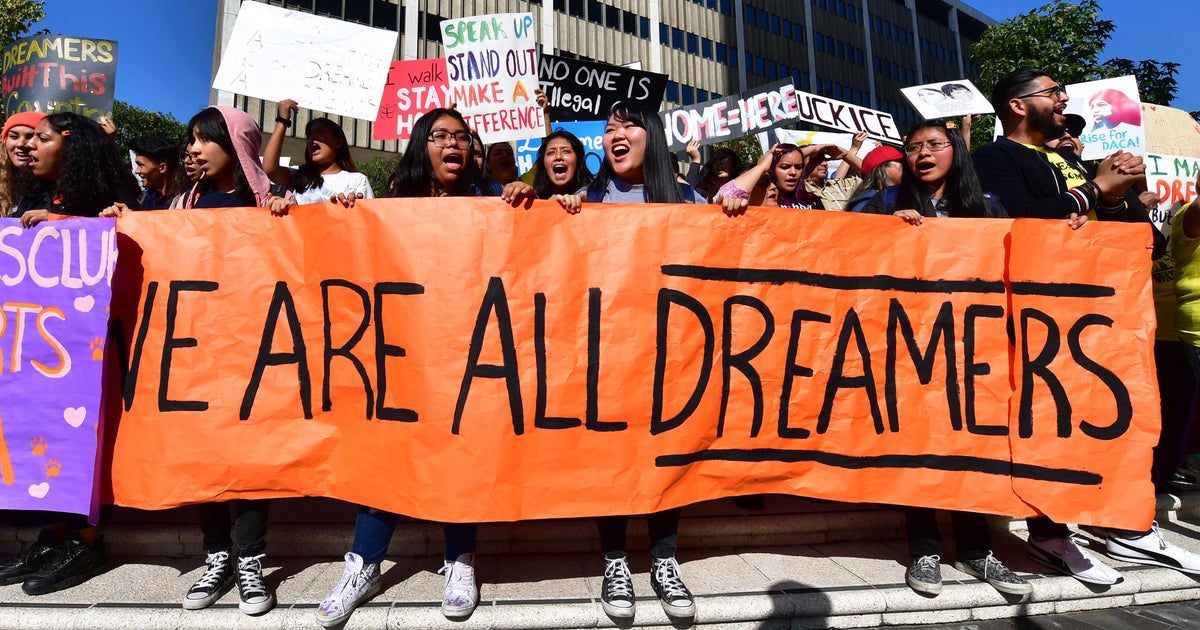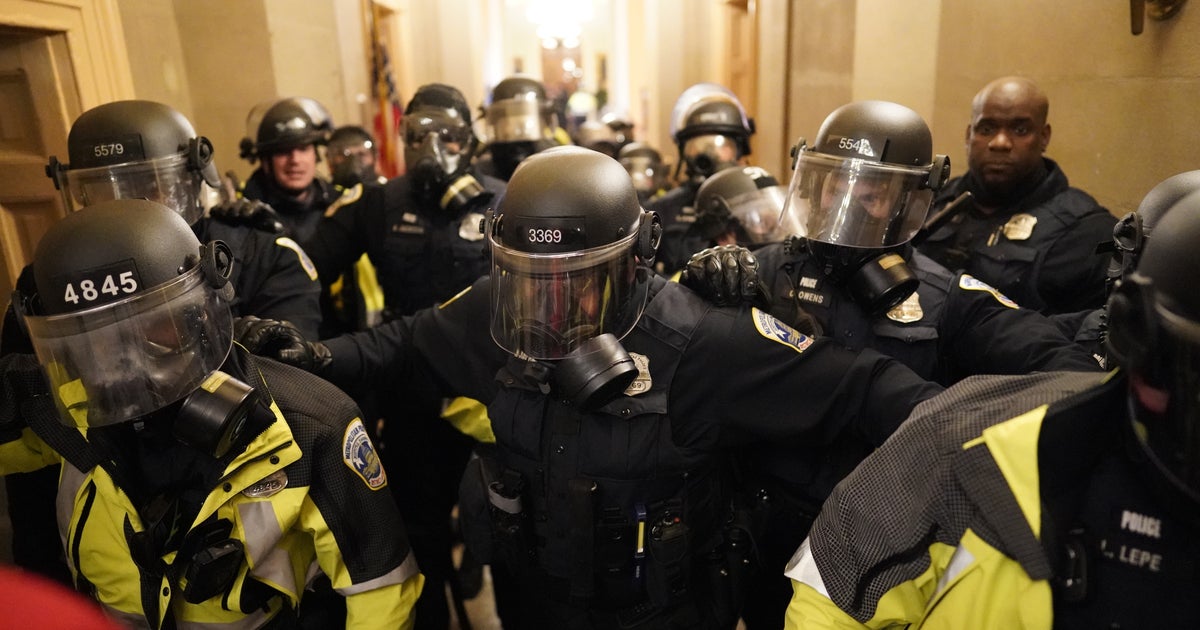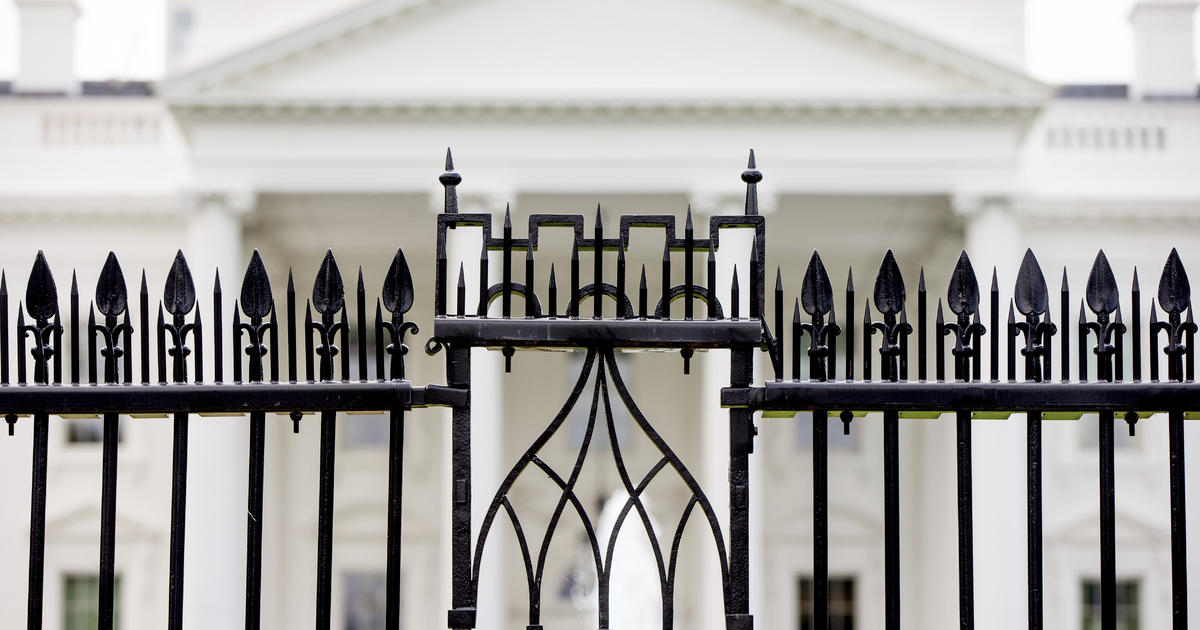Some children of troops and government employees abroad won't automatically be U.S. citizens
Children of certain U.S. government employees and service members born abroad will no longer be automatically considered U.S. citizens, according to a new guidance by U.S. Citizenship and Immigration Services (USCIS), although the agency had a long list of categories that would be exempt from the guidance.
Historically, children born to U.S. citizen parents in foreign countries have been automatically granted citizenship under Immigration Nationality Act 320. This new policy, which would be enacted on October 29, would apply to some children born in facilities such as U.S. military hospitals that are not in the U.S., and to some born to government employees and members of the military serving abroad.
The parents of these children would have to apply for U.S. citizenship ahead of the child's 18th birthday.
"For them to obtain a Certificate of Citizenship, their U.S. citizen parent must apply for citizenship on their behalf under INA 322, by filing Form N-600K, and show they meet the qualifications under that provision," the agency explained in a statement.
The children of government employees abroad will be required to undergo a more rigorous naturalization process than "certain" children of U.S. service members.
"Certain children of U.S. service members may complete the process outside of the United States without having to travel to the United States. However, children of U.S. government employees must enter the U.S. lawfully with an immigrant or nonimmigrant visa and be in lawful status when they take the Oath of Allegiance, which completes the process," the guidance says.
In a conference call with reporters on Thursday, a USCIS official reiterated that the new guidance does not affect birthright citizenship, which grants automatic citizenship to children born of non-U.S. citizens in the United State.
The official also said that the new guidance by USCIS was in accordance with existing policy in the State Department. Under current policy, some children who qualified as citizens under INA 320 were not considered citizens by the State Department.
"We're fixing this hurdle and we're aligning with the statutory text," the USCIS official said.
A fact sheet that appears on the agency website suggests that the new policy will be limited in scope. The guidance appears to be aimed at children of parents who have not lived in the U.S. for many years or who are not U.S. citizens.
According to the fact sheet, the new policy won't affect the following children:
- Those whose parents are both U.S. citizens, with at least one parent who had a residence in the U.S. or its territories before the child was born;
- Those who have two married parents, one of whom is a U.S. citizen who "was physically present in the U.S." or its territories for at least five years, with two of those years occurring after the parent was 14 years of age;
- Those who have unmarried parents, one of whom is a U.S. citizen meeting requirements listed in U.S. statute INA 309;
- Those who are eligible to have their U.S. citizenship certified at birth;
- And those residing in the U.S. with their U.S. citizen parent after being admitted to the U.S. for permanent residence.
The Defense Department released a statement saying it has been working closely with the Homeland Security Department and USCIS, and it "understands the estimated impact of this particular change is small."
The USCIS official told reporters on Thursday that the USCIS "coordinated very closely with Department of Defebse to try to message this as carefully as possible." The official also said that USCIS and DOD had started coordinating on this issue in May.
The policy change sparked alarm, and prompted tweets from Acting USCIS Director Ken Cuccinelli, who blamed the media when his agency didn't announce or detail the policy.
"Folks who are going crazy rt now in the media, no changes have been made to citizenship," Cuccinelli tweeted.
"The policy manual update today does not affect who is born a U.S. citizen, period. It only affects children who were born outside the US and were not US citizens," he added. "This does NOT impact birthright citizenship. The policy update doesn't deny citizenship to the children of US gov employees or members of the military born abroad. This policy aligns USCIS' process with the Department of State's procedures for these children — that's it. Period."
David Martin, Kathryn Watson and Caroline Horn contributed to this report.




